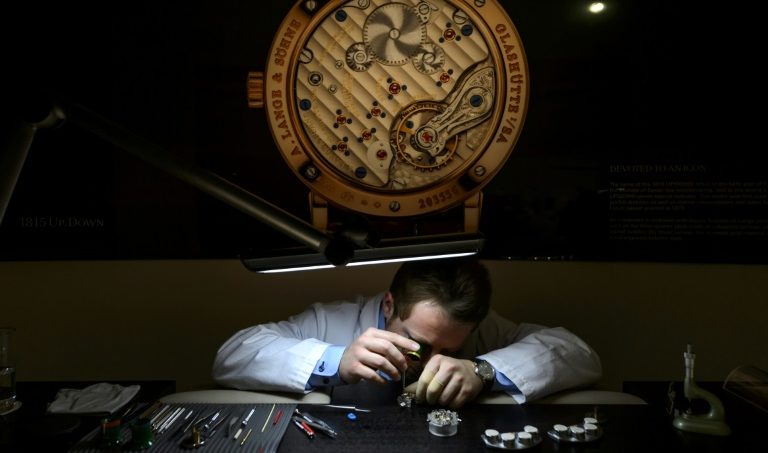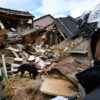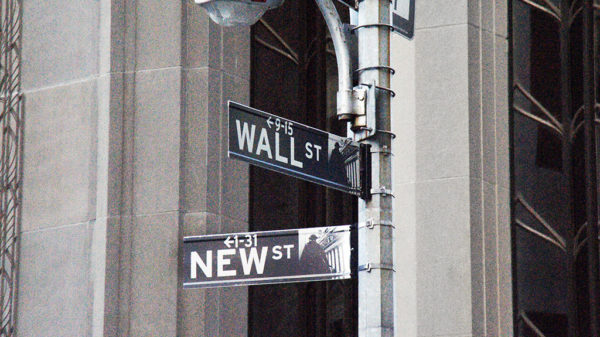“Management by crisis” was an expression coined in the 1980s Regarding oil crises and other fun things. Now it’s a massive understatement. The situations facing Millennials and Generation Z are truly catastrophic. “Management by disaster” Is now the working mechanism.
Generation Rent is literally being sucked dry by added costs. The cost of housing, health, and fundamental costs of living are evaporating their money rapidly. Training costs are absurd. Add to this the fact that the employment market is already changing out of recognition.
In that one paragraph, you have a simple description of a completely changed economic environment. People can’t save, they can’t plan, and they can’t even make decisions regarding the future. The old-school life models can’t work anymore.
Situation normal, you’d think. What’s different about this time is that the entire economic model is now completely in flux. If costs are the smoking gun, The homeless, the sick, the unemployed, and the “displaced persons” are where the bullets hit.
Lack of income has obvious immediate effects. Lower spending starves the rest of the economy and reduces revenue from sales tax or general services taxes. Unemployment does very severe damage to revenue bases. Depending on the amount of revenue lost from income tax, government funding dries up. It’s a double whammy.
These two generations are walking straight into this blender with no money. They have a very good chance of being financially crippled. Future generations will be burdened with whatever the effects of this mess may be.
Add to this a complete lack of planning and foresight. They’re simply trying to fix the current messes one at a time. It’s not like these problems are invisible. They are simply not being addressed.
This piecemeal approach to economic realities is likely to turn into a major train wreck. There is no cohesion. The chronic inefficiency and unreliability of deregulated markets and government polarization are all that’s needed.
So much for the obvious.
If you were looking for an economic environment guaranteed to sabotage the future, bingo. Most of the rest of this article is based on spelling out the obvious. I know it seems pretty simple but consider the whole picture for a minute.
Consider the current issues for future generations:
Climate.
Pollution.
Job creation.
Health.
Housing.
Education.
Meeting basic human needs.
Regulation.
Social responsibility.
In a sane functioning society, these matters would be dealt with automatically, and they can be.
Climate: The effects of climate-related conditions are already bizarre and likely to get more so. Any systematic approach to climate issues would be much better than what is currently happening. Quick fixes don’t work. It might well take two generations to clean up this mess. This planet is a pigsty.
Pollution: Pollution management has always been appalling, but it is flexible. Millions of jobs could be created simply by managing pollution at physical and scientific levels.
Job creation: There is no point in keeping an economy that is based on the 19th century and leftovers from the 20th century. Jobs and training need to be as flexible as possible, delivering experience, ideas, and skills. The core issue here is accessibility.
Health: The cost and lack of financial access to healthcare is unsustainable and dangerous. Ironically, free healthcare would be cheaper and much safer. If the pandemic proved anything, it proved that diseases and medical conditions do not care about profit margins. The cost burden on the economy is also completely out of whack with human reality.
Housing: Most of the homelessness, surely the ugliest word in any language, is caused by lack of money. The lack of money is generated and guaranteed by constant price increases and a refusal of markets and governments to face facts. Lack of money generates crime, more costs to society, and even less money available to people who need it.
Education: This society cannot run on a lack of skills. Training is far too expensive and difficult to get. That also means that the skills available may not meet skills requirements. That can’t work at all, and it doesn’t.
Meeting basic human needs: This economy may not be efficient, but it does overproduce. There is no reason whatsoever for people to be deprived of housing, food, water, and other essentials.
Regulation: Deregulation has been an unmitigated disaster worldwide. Most pollution, fraud, and other rampant abuses of law are results of deregulation or ineffective regulation and must cease.
Social responsibility: Political and corporate culture is based almost entirely on total unaccountability. These seemingly unavoidable people do not do business and they do not govern. They do deals for themselves. That’s not good enough.
For example – If rents could legally only go up by 1% to 5% per year, the global housing crisis would never have been able to happen. That’s regulation. The same applies to healthcare costs and pretty much everything else.
The net effect of this very simple form of regulation would be to put money back in people’s pockets so they can manage their own lives. Does that sound like socialism to you? It’s common sense.
It’s not worth anyone’s time or money to just sit there watching things fall to pieces. Nobody wants to get sick because someone couldn’t be bothered making healthcare affordable for a contagious person. Nobody wants their lives disrupted every five seconds by some new whim.
The choice is changed for the better or change for the worse. It’s not really a choice anymore
_____________________________________________________________
Disclaimer
The opinions expressed in this Op-Ed are those of the author. They do not purport to reflect the opinions or views of the Digital Journal or its members.














